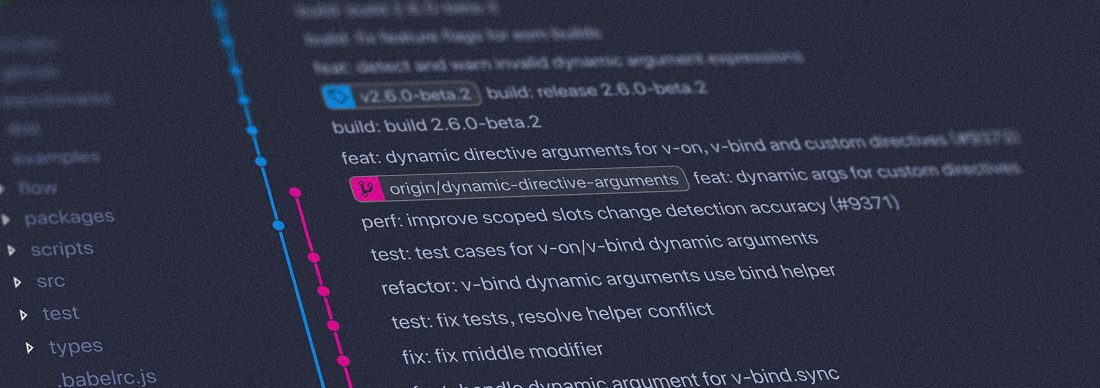Public key authentication for non-techies
Over the last couple weeks, I’ve had a number of conversations with people on our product and delivery teams about public key authentication due to conversations they’ve had to have with some of our vendors. After having to explain public key authentication to non-techies several times, I figured it might be useful to post something public in case it helps anyone else.
So what is public key authentication and how does it work?
At it’s base, public key authentication is a secure way for a user or client to connect to a service via SSH, without having to send a password across the wire. Passwords can be intercepted and so the fewer times we have to send a password across an untrusted network, the better. Before the first connection is ever established, the client generates a public/private key pair and then sends their public key to the server they wish to connect to, while keeping their private key private.
Now the math that goes into why sharing this public key in the open isn’t a problem is a bit complicated (but hardly goes beyond grade 12 math), but it’s a lot easier to understand when you compare it to a real world scenario.
Let’s say you have a friend (vendor) and they have a shed (server) that you want to access and leave a batch of freshly baked cookies (files) for on a regular basis when they’re not home. You think about it for a while and come up with a solution: “Friend, please install a separate door (username) on your shed that only provides access to a small section of it (your home folder)”. Next, you go to the hardware store and buy a deadbolt lock (public key) that comes with a metal key (private key) that you keep on your keychain. Finally, you send this deadbolt lock to your friend to install on the door, while never showing them the key that opens the lock.
You can now come and go as you please, leaving your friend freshly baked cookies every few days, and since your key never left your possession, you can be sure that one else is sneaking inside the shed to steal the cookies. Additionally, your friend never needs to see the key because they have access to the whole shed, and you can be certain that no one else will ever be able to open up the lock because they don’t have your key.
This is public key authentication in a nutshell.
One added benefit that I haven’t really touched on here is that public key authentication – when properly created and protected – is the securest way to offer access to a system. Due to the math involved, it would take an adversary many times longer than the entire universe’s existence (that is not an exaggeration) to break your private key. Basically you can assume that if you do it right, it’s going to be secure.
I hope this made public key authentication a little less confusing and daunting for the non-techies who read this site, but if not, Khan Academy has a great video that goes into more depth using paint and color mixing. And if that still doesn’t answer your question, please leave a comment and I’d be happy to go into more detail.


